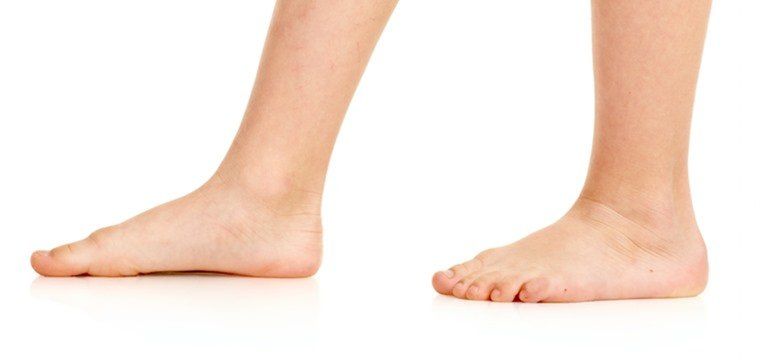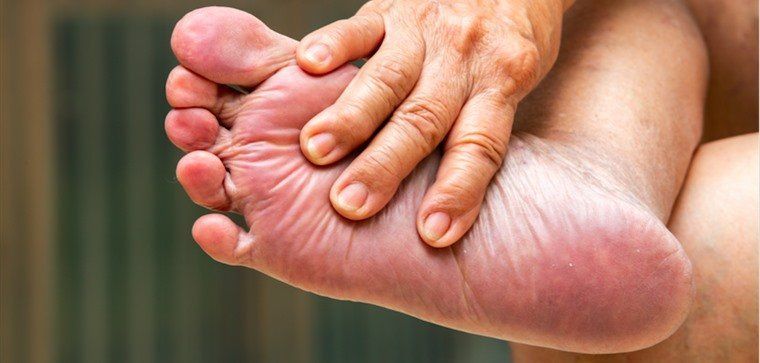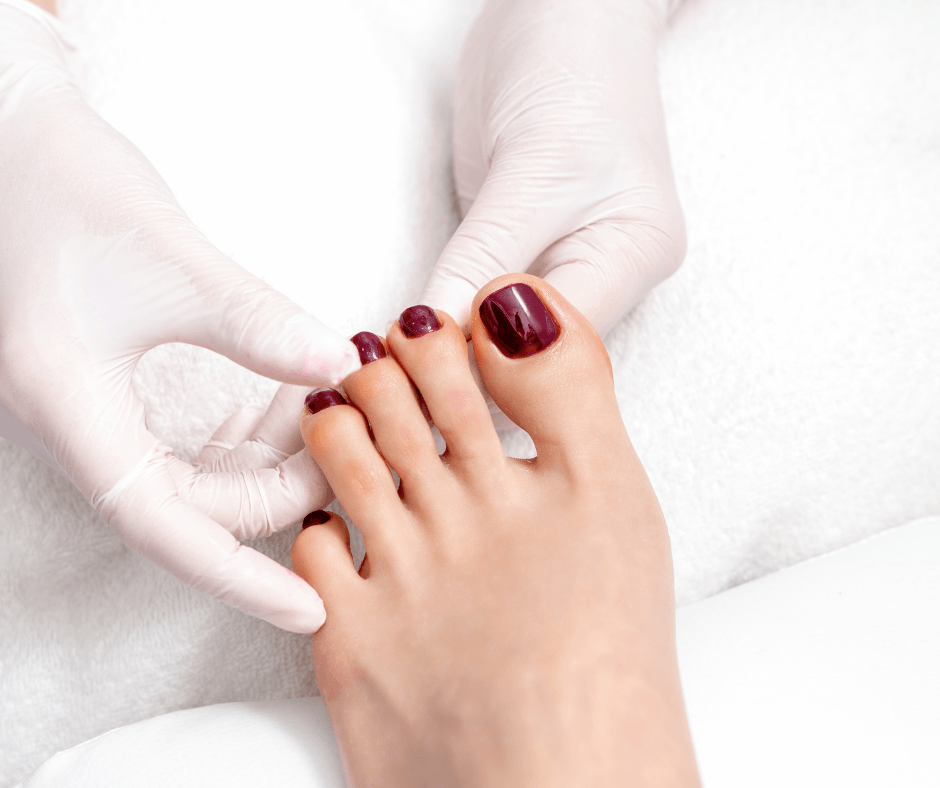Diabetes Requires Good Choices

People with diabetes have a lifelong challenge to manage their disease effectively and that involves a series of critical choices related to lifestyle, diet, exercise and yes, the care of their feet.
We’re dealing with a staggering epidemic of diabetes affecting more than 29 million people in this country, 1.7 million new cases diagnosed per year. In 2010, about 73,000 non-traumatic lower-limb amputations were performed in adults aged 20 years or older with diagnosed diabetes. And diabetes is the leading cause of end-stage kidney disease among adults. (You can see more of these eye-opening stats at diabetes.org)
I have patience tell me they are “borderline diabetic”. But there is no such thing. Either you are diabetic or you’re not. And if you are diabetic, proper care of your feet is high on the list of critical choices you need to make every day.
Individuals with diabetes are prone to complications that can lead to infection and surgery. Patients can suffer from neuropathy, which is the complete or partial loss of sensation in feet and legs due to poor circulation. And high glucose levels can hinder normal immune response to bacterial infection. Diabetes can have a foot infection and not realize it. It may only take a matter of days for it to become serious.
Most diabetics experience some form of neuropathy that may take years to develop. Because neuropathy is such a persistent and insidious problem for diabetics, one of the most important things they must do is see a podiatrist frequently. I recommend my diabetic patients come see me every 3 months. Between visits there things they must do, choices they must make for themselves – such as avoiding going barefoot at home.
Walking barefoot at home can be dangerous to someone who has lost or is losing the feeling in their feet. When most people step on a piece of glass or any sharp object they feel it. Someone suffering from neuropathy will not. Wearing some form of house shoe all the time can cut down on accidents that can lead to a major infection.
Proper footwear is essential to diabetics. Most people won’t wear shoes that hurt their feet, but someone who is losing feeling in their feet may not feel such pain. And a poor fitting shoe can cause calluses, blisters, and ulcers -which can lead to infections. All kinds of things can go wrong.
Two vital lifestyle choices for diabetics are avoiding alcohol and smoking. Smoking causes vascular disease and diabetes is a vascular disease. All alcohol breaks down to simple sugar which of course is one of the worst things for diabetics to ingest. Making the choice to smoke or drink alcohol devastating for a person with diabetes.
Obesity is also linked to diabetes in numerous ways -including putting more wear and tear on the feet. Extra pounds add extra work for the feet that needs extra care.
Everyday vigilance can cut down on many infections and surgeries for diabetics. Feet need to be cleaned every day and the bottom of the foot examined. This is important, because a small cut or scratch on their feet needs to be treated before it becomes worse. I’ve had patients come to me with a large sore on the bottom of their foot and they tell me they had no idea it was there because they have lost feeling. It is so important to look at the bottom of the feet every day.
Finding out you have diabetes can force lifestyle altering decisions in many areas. Fortunately, taking extra care of the feet is one area that comes with many options. Properly fitting shoes, regular visits to the podiatrist, healthy living, and self-examining your feet can prevent many debilitating situations. It is important for everyone not to take foot care for granted and that is especially true for people with diabetes.
I say this every time I write, when you come in to see any of our doctors at Central Carolina Foot and Ankle, we’re going to listen to you first, then closely examine your feet, probably watch you walk, obtain x-rays or other diagnostic tests, and then explain to you what we think the problem is and how we think we can resolve it. We want you to understand why you have foot pain and we want the treatment plan to make sense to you. Because educated, informed patients usually do what it takes to get well. We figure we are in this together. If you are experiencing pain while walking or other problems with your feet please call our office (919)477-9333 and let us help you start working on the solution!



